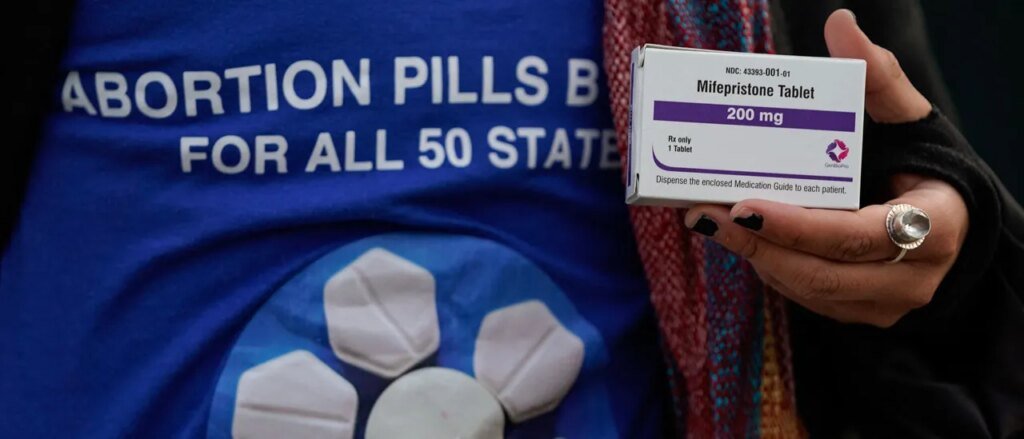Recent reports highlight a troubling trend involving the mail-order abortion drug Mifepristone, with multiple instances of forced abortions emerging. At least four alleged cases of this nature have been documented across the U.S. in 2025, particularly in Texas, Illinois, and Louisiana.
In one local case, an Illinois man faced charges on August 23 for intentionally causing the death of a fetus after he allegedly gave Mifepristone to his girlfriend, who was seven weeks pregnant. Police found her in distress, and it was reported that she had ended up with the fetus in the toilet. The man claimed he acquired the medication for $50 from a source called “The Girl on Campus,” believing his girlfriend was aware of her taking the pills.
Sarah Zagorski, a spokesperson for American United for Life, expressed concern over the rise in forced abortions and emphasized the potential dangers of lacking safety measures surrounding the approval of Mifepristone. She pointed out that various individuals with malicious intentions can access these pills, urging for stricter laws similar to those recently enacted in states like Louisiana and Texas to protect vulnerable women and impose severe penalties on those trafficking in abortion drugs.
In Texas, there are reports of at least one person being coerced into taking the abortion pill since 2024, with claims of three women being involuntarily forced to abort. Notably, a Texas woman filed a lawsuit on August 11, accusing a man of secretly mixing abortion pills into her hot chocolate. Aid Access, an online provider of abortion medication, has been named in this legal action.
The lawsuit alleges that both Aid Access and its founder, Dr. Rebecca Gonpart, along with the accused man, are complicit in what is termed “felony murder.” Another case in California involved a lawsuit against a doctor for allegedly prescribing abortion drugs that resulted in the death of two unborn children, which the mother had initially wanted to keep but was pressured into aborting.
In June, a Federal Prisons Bureau employee in Texas was arrested for allegedly spiking his girlfriend’s drink with abortion pills. A lawyer from Texas received prison time in early 2024 after secretly administering abortion medication to his pregnant wife. The wife remarked on the injustice of the situation, feeling that the punishment given was insufficient.
Attorney General Ken Paxton intervened recently, demanding that three entities, including Aid Access, halt shipments of abortion drugs to Texas, starting from August 20. He has taken legal action against a New York doctor for illegally providing abortion medication across state lines, citing violations of Texas laws regarding medication distribution.
Meanwhile, the state of Louisiana has indicted a doctor for sending abortion pills to a mother against the wishes of her teenage daughter. The Louisiana Attorney General emphasized that these allegations are about coercion rather than reproductive healthcare. New York’s Governor, Kathy Hochul, affirmed that her state will not comply with demands to extradite the doctor.
Katy Daniel from Susan B. Anthony Prolife America expressed concerns about unregulated abortion drugs flowing into states, stating that laws in place seem to protect violators rather than the women affected by coercion. A revealing investigation in June showed that several online abortion providers were dispensing pills without proper medical oversight, with one supplier, Aid Access, implicated in sending drugs used for coerced abortions.
This troubling pattern of forced abortions isn’t limited to just a few isolated incidents. A nurse in Washington faced charges after giving his girlfriend abortion pills without her knowledge. Similarly, incidents were reported in Massachusetts and Florida, where men faced legal consequences for their coercive actions regarding abortion medications.
Looking globally, there have been cases in the UK where men were convicted for administering abortion pills without women’s consent, underlining the widespread nature of this issue. In a survey by the Charlotte Lozier Institute, about one in four women reported feeling that their abortions were unwanted or forced.







